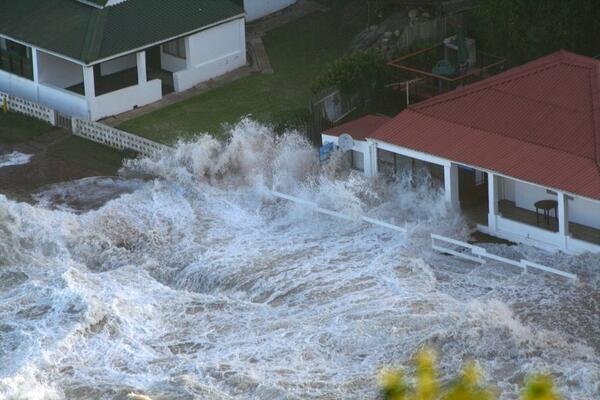The Nigeria Police Force dismissed charges on Thursday that it was conducting a witch hunt against journalists in order to suppress press freedom by enforcing the modified Cybercrime Act 2024.
The Force stated that journalists do not have immunity and that professionals are “criminally liable” if suspected of a crime.
The country has experienced a series of crackdowns on journalists as the authorities execute the Cybercrime Act 2024.
Segun Olatunji, the former editor of First News; Daniel Ojukwu, a journalist with the Foundation for Investigative Journalism; Dayo Aiyetan, the Executive Director of the International Centre for Investigative Reporting; and Nurudeen Akewushola, an investigative journalist with the ICIR, are among the most recent victims of the contentious act.
Speaking at a joint briefing by the Security, Defence, and Response agencies hosted by the Strategic Communications Interagency Policy Committee in Abuja, Force Public Relations Officer Muyiwa Adejobi stated that the police were not blocking journalists from conducting their duty.
“It’s not that we are applying the Cybercrime Act for witch-hunting. Also, it is not to oppress or subvert press freedom in Nigeria. I am not saying you should not be a whistleblower, but if you want to be one, you must get your facts right,” he said.
The FPRO added that journalists had no immunity and could be arrested or invited by the police.
Adejobi said, “The fact that somebody is a journalist does not grant him immunity over certain things. You are criminally liable once an offence has been laid against you, and the police must take it up.
“Let me put it on record that if a petition has been written against you as a certified journalist, the best is to honour the invitation and get across to the office of the Force spokesperson.
“Some of them you claimed have been victimised have not contacted me. Everybody is a journalist; we practice citizen journalism in Nigeria.”
Adejobi mentioned that the police operated under numerous laws and could prosecute journalists found guilty of publishing defamatory reports using any of these laws.
“Defamation of character is a law defined under the Cybercrime Act, and the Criminal Act of this country defines defamation as an offence. If somebody publishes something wrong against you, as a Nigerian, you have the right to take it up.
“As a trained police officer, I may decide not to use the Cybercrime Act to prosecute you. With my training, I must be able to lay my hands on many laws to nail you if I want to.
“Forget the fact that the NSA has called for the full implementation of the Cybercrime Act; the police can lay their hands on any law to prosecute anybody,” he said.
Adejobi emphasised that the police had yet to arrest any mainstream media journalist and that bloggers were the ones who frequently broke the law.
“The fact is, the police have not arrested anyone from the mainstream media. Most of these bloggers are always running afoul of the law because they want to break the news.
“You can’t break the news without confirmation from the parties involved. You need to balance your report. Once you are invited to come and clarify a report, don’t run away. We are human beings like you,” he stated.











